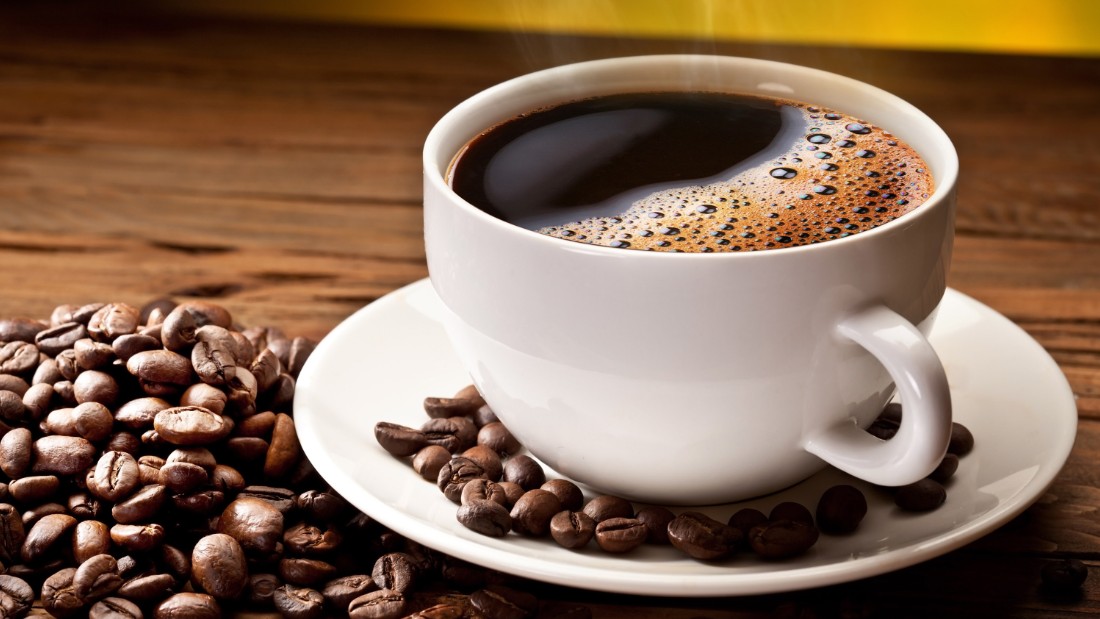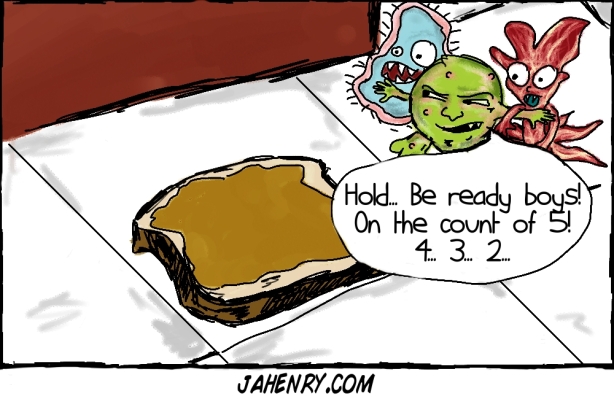
Source: CNN
Shreya Thiagarajan
What do most people reach for the morning after happy hour? Chances are, it’s coffee. The caffeinated beverage is widely believed to lessen the symptoms of or even cure a hangover. It’s possible that these theories are based on the fact that caffeine is a stimulant, and therefore can counteract the effects of alcohol, a depressant.
However, there is little evidence to support this. Many symptoms of hangovers such as headaches are caused by the liver breaking down alcohol to produce a toxic substance known as acetaldehyde. One study conducted at Thomas Jefferson University found that caffeine may block the effects of acetaldehyde and therefore mask headaches caused by excessive alcohol consumption. However the CDC has stated that caffeinated drinks don’t influence how fast alcohol is processed by the liver, and therefore only hides the effects of alcohol rather than eliminating them.
Alcohol is a diuretic that causes people to urinate more. Frequent urination can lead to dehydration, which is responsible for many hangover symptoms. Though drinking coffee may seem like a good way to restore energy in the morning, coffee is also a diuretic and therefore can make dehydration worse.
Instead of reaching for that coffee, try exercising and drinking water to burn off any remaining alcohol and get hydrated. Additionally, drinking fluids like Gatorade that rich in minerals like sodium and potassium can help restore your electrolyte balance!
https://www.ncbi.nlm.nih.gov/pmc/articles/PMC3621334/
https://www.newscientist.com/article/dn19942-is-coffee-the-real-cure-for-a-hangover/
https://www.cdc.gov/alcohol/fact-sheets/caffeine-and-alcohol.htm
https://bowlinggreenmedicalclinic.com/hl/?/157014/True-or-False–You-Can-Cure-a-Hangover
https://health.usnews.com/health-news/articles/2012/12/31/how-to-cure-a-hangover

:max_bytes(150000):strip_icc()/GettyImages-157569558-56ab7fcc5f9b58b7d0099c78.jpg)